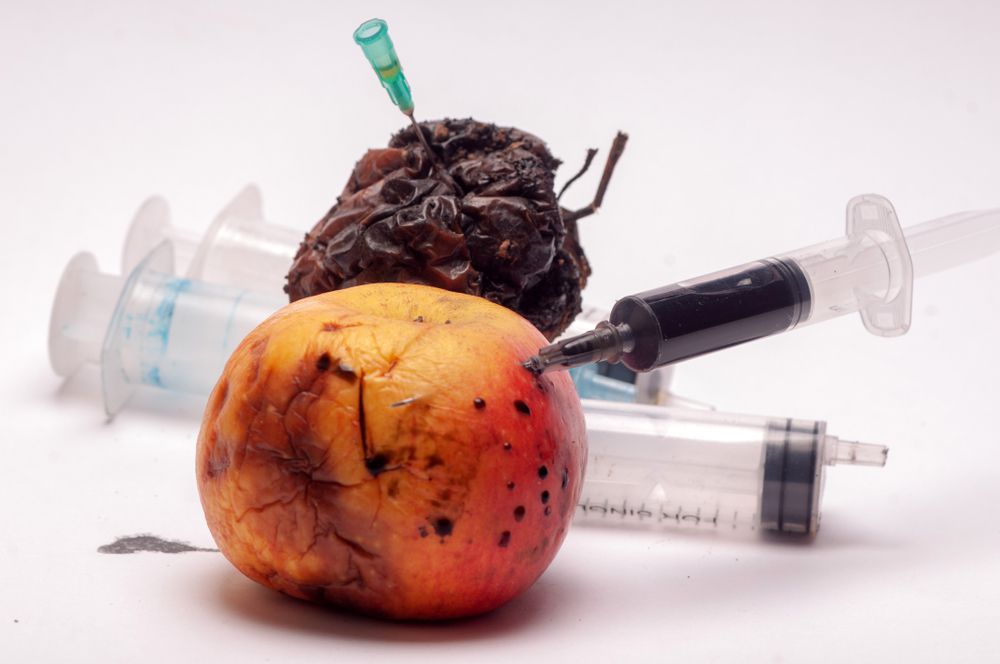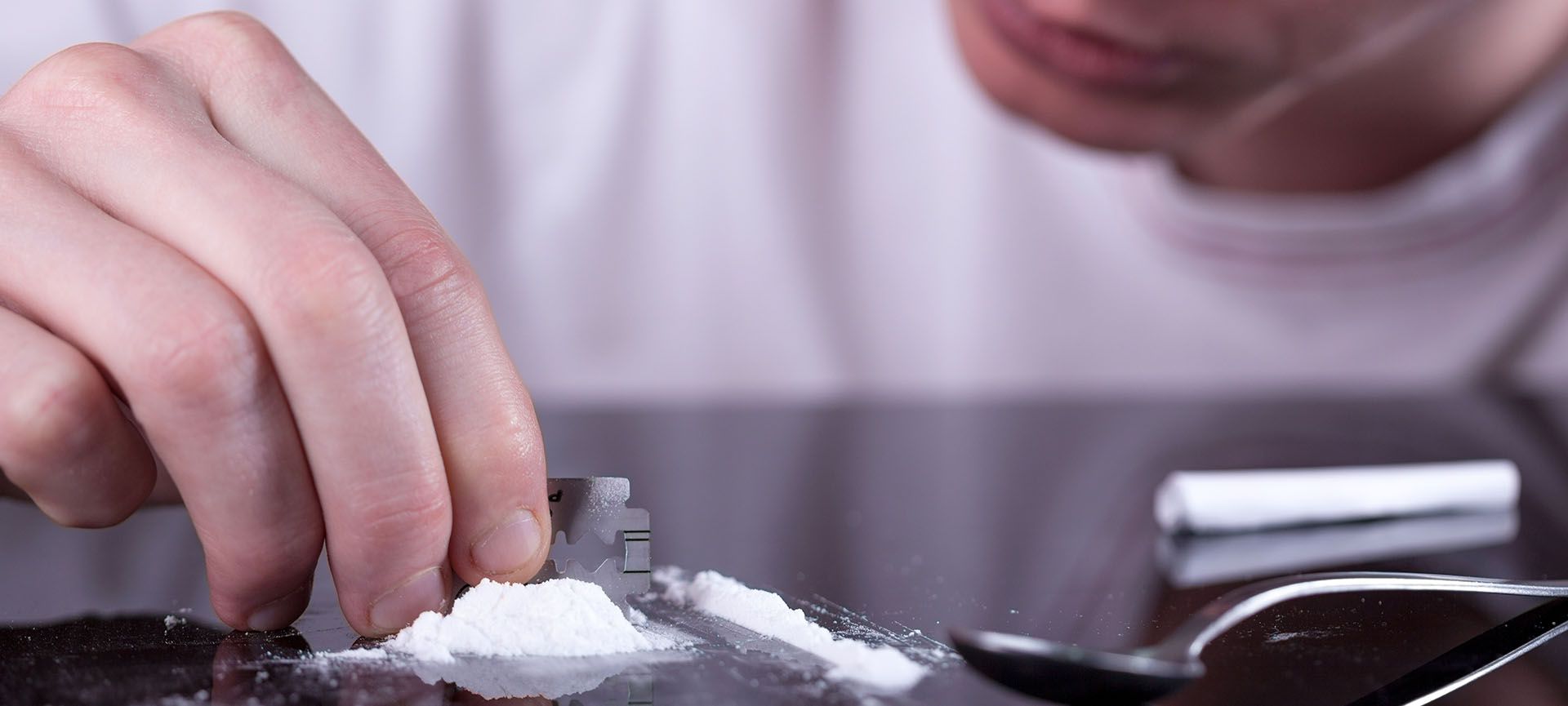
The Harmful Effects Of Cocaine
As a young college student, Jessica (not her real name) started to sell small quantities of cocaine here and there to help pay her bills. She didn’t see the harm: she was not using herself, and the tiny amounts she was selling were not exactly keeping the drug industry alive. She was not even a drop in the cocaine supply pool.
It didn’t take long for her occasional selling to become a very lucrative business for her. She was able to finance her college tuition, plus cover her rent and living expenses – and still have plenty of money left. But then, when she became involved with one of her customers, it all came crashing down.
For the first time, she started to use the drugs she was selling: within a year, she had abandoned her studies, her friends, and all of her interests. Her supplier, fed up with not being paid, dragged money out of her and then cut her off. She was evicted for not paying rent, and after a brief stint living with an abusive boyfriend, she ended up alone on the streets, relying on prostitution for survival.
Jessica’s story may be unique – all stories about drug addiction are – but what many of these stories have in common is how quickly the lives of the addicts fall apart.
It is sometimes said that in order for a cocaine addict to get help, they have to reach rock bottom. But this is a dangerous stance because, for many people, rock bottom means death. The sooner we can reach an addict and help them get into a program of cocaine addiction treatment, the better. Because the longer it is left, the more damage can be done.
Harm #1: Cocaine Is Extremely Addictive
What makes cocaine appealing to its users is that it generates a rush of energy and euphoria within moments of consumption. All of a sudden, fatigued people have the energy to get through a busy day, and those with social anxiety have the confidence to not only endure but actually enjoy a party.
The problem is that these effects are short-lived, and users are driven to consume more cocaine in order to recreate those feelings. But in order to achieve the same levels of euphoria and high energy, higher doses of the drug have to be taken, with less time between doses.
Harm #2: Cocaine Damages Physical And Mental Health
Even short-term use of cocaine can cause a lot of damage. It raises the body temperature and constricts the blood vessels, causing the heart rate to shoot up. If a large dose is taken, the user may start to act erratically. Uncharacteristic violent behaviour is sometimes attributed to the feelings of panic and paranoia that often come with cocaine use.
Those who use cocaine regularly over an extended period of time are at risk of several damaging effects, including the following:
- A tendency to neglect nutrition, resulting in rapid weight loss, increased propensity for illness, and organ failure
- Damage specific to the method of ingestion: damage to nasal tissues (snorting); lung damage and an increased risk of respiratory complaints (smoking); track lines, collapsed veins and risk of infection from shared needles (intravenous use)
- Cardiac risks: elevated heart rate; high blood pressure; ruptured blood vessels; stroke; cardiac arrest
- Difficulty breathing
- Seizures
- Depression
- Anxiety and panic attacks
- Paranoia
- Reduced sense of judgment, resulting in potentially risky behaviour without regard for danger
- Risks during pregnancy: Premature delivery; delivery of babies with low birth weight; delivery of babies born addicted to drugs
- Cocaine carries a high risk of fatal overdose
Related article: Cocaine Withdrawal: What To Expect
Harm #3: Cocaine Is Not Always Just Cocaine
Because cocaine is an illegal street drug, there is no cocaine available that is legally produced. It is made in laboratories that do not follow any health and safety standards. Furthermore, unscrupulous manufacturers often combine or “cut” the cocaine with other products in order to increase their profits. Some of these additional ingredients – examples include chalk, baking soda and detergent. Not only does this pose additional risks to the user, but it can also be difficult for first responders to treat cases of accidental overdose.
Harm #4: Cocaine Can Ruin All Aspects Of Your Life
One thing that cocaine addicts quickly discover is that cocaine use is very expensive to maintain. As we saw in Jessica’s story, cocaine addiction can very quickly lead people down a path of financial devastation. The precise outcomes of this vary from person to person.
Some addicts are abandoned by loved ones who can no longer tolerate them lying and stealing to support their addiction. Others end up in jail for illegal activity. Divorce, job loss, bankruptcy, and loss of children to the child welfare system are all common outcomes of cocaine addiction.
Harm #5: Cocaine Withdrawal Can Be Dangerous
It is very difficult to stop using cocaine, because the withdrawal symptoms are uncomfortable at best, and downright dangerous at worst. Many addicts who try to quit on their own suffer relapses fairly quickly because they just cannot handle the cravings and sensations that happen when the body is suddenly deprived of a substance it has come to rely on.
Cocaine withdrawal symptoms include:
- Intense cravings that may lead to anxious, agitated behaviour
- A tendency to be exhausted even after mild physical activity
- Muscle aches, nerve pain, chills and tremors
- Depression and anxiety, that may be accompanied by suicidal thoughts and actions
Cocaine Addiction Treatment
The sooner an individual gets help, the less damage their cocaine abuse symptoms will ultimately do, and the more likely they will be to repair their relationships and reclaim a life that is positive and productive.
Cocaine addiction treatment starts with medical detox, a process whereby the addict is medically supervised during withdrawal. This keeps them safe and comfortable as the last of the drugs leave the system.
Detox is followed by a program of cocaine addiction treatment and rehab, during which the addict is guided through the process of exploring areas of their life that may have contributed to the addiction. Addiction treatment varies from person to person and often involves a combination of group, individual and family therapy, along with exercise programs, nutrition coaching, life coaching, creative therapies and other modalities.
What Happened To Jessica?
Jessica’s story has a happy ending. After coming face to face with the frightening probability of her own death, she pulled together the courage to talk to her family. With their help – and after several relapses – she was finally able to achieve lasting sobriety. She is an example of the fact that it is never too late to get help.
Call 1000 Islands Addiction Rehab & Treatment Centre for addiction treatment programs.
Related article: How to Quit Cocaine Addiction




